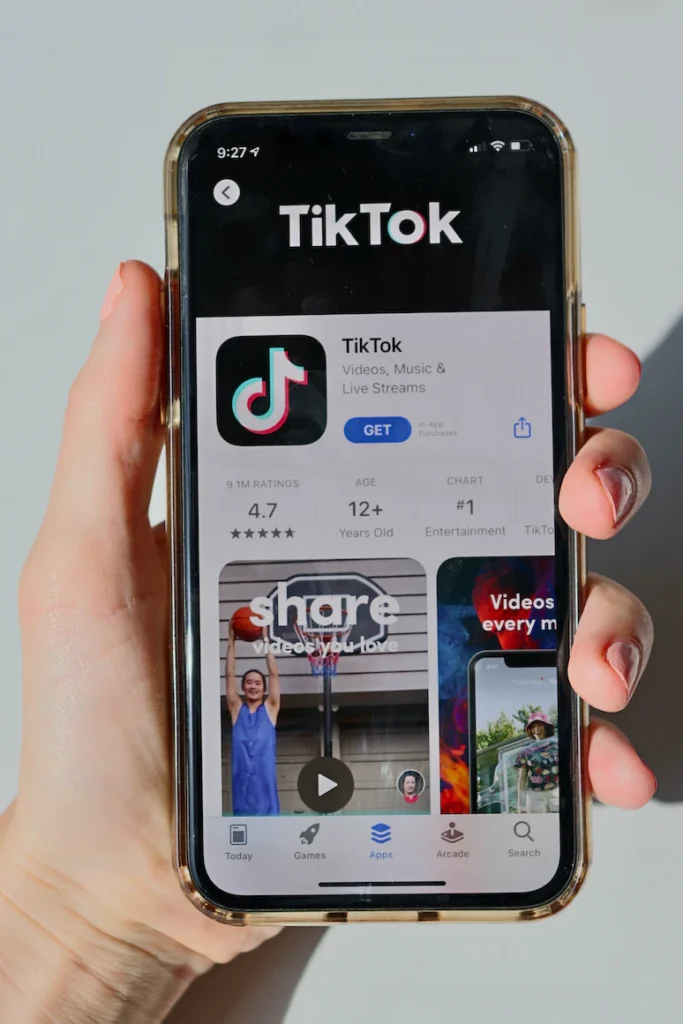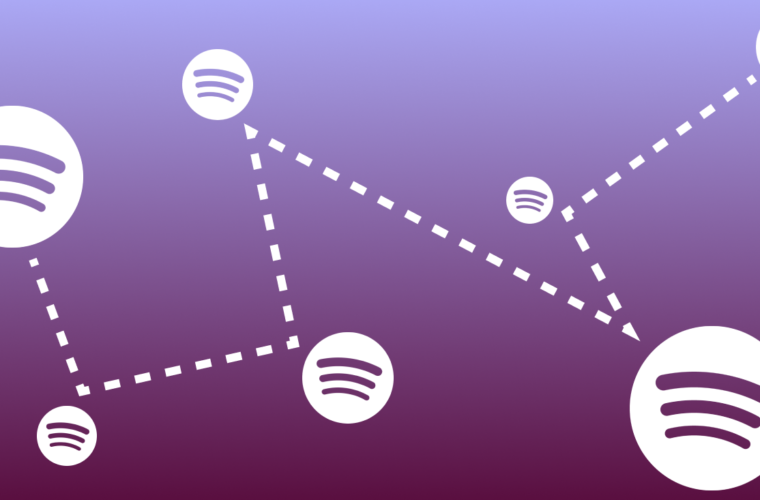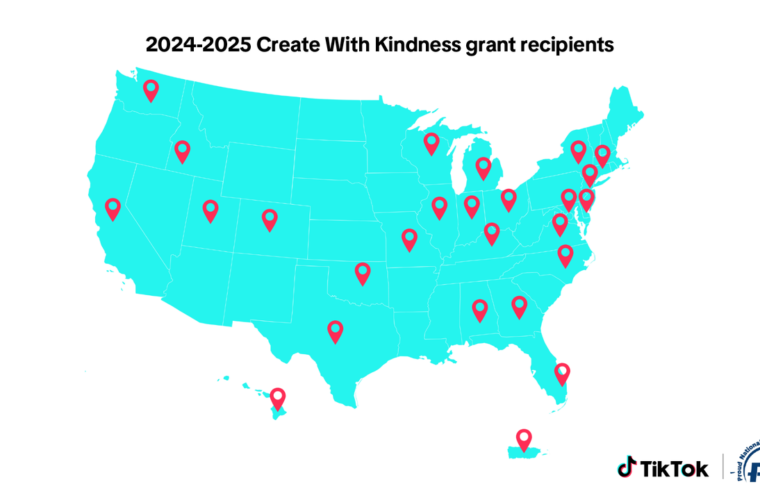Europe dictates the rules, and the tech giants comply. Unlike the loose meshes of US institutions, the European Union has been waging a battle for years to restrict big companies’ power and freedom of action to protect user privacy and the transparency of activities and relationships on social media. After the General Data Protection Regulation (GDPR), which marked a breaking point in the protection of personal data between Europe and the rest of the world, the most recent example is The Digital Services Act (DSA), a law wanted by Brussels to create a safer digital space where the fundamental rights of users are protected, which will enter into force on 28 August.
How TikTok will change due to The Digital Services Act
The regulation will profoundly change some digital services, such as TikTok. The Chinese social app has announced several new features coming soon for European users linked precisely to the DSA. From now on, it will be easier to report unsuitable content, the platform will also improve content moderation, and the system of personalised advertisements for teenagers will be new. However, the most significant difference from the past will concern the platform’s suggestion system, which will change how the algorithm works, reducing the strength of the primary element behind TikTok’s success.


In Europe, it will be the user who chooses
Users can turn off the platform’s video profiling, as the DSA requires people to choose whether to receive personalised content. TikTok is thus forced to take a step back, leaving it up to the individual user to either continue to see content in line with the interests and preferences on which the algorithm is currently based or be exposed to generic and theoretically less impactful clips even if popular in their region of residence. Logic would dictate that most people should maintain customisation of content precisely to ensure they have a stream in line with what they like. However, Tiktok has to conform to the rules, so it will be up to the members to choose because that is what DSA is all about.
“As part of our efforts to meet DSA requirements, we will soon give our European community another way to discover content on TikTok by allowing them to turn off personalisation. This means their For You and LIVE feeds will instead show popular videos from both the places where they live and around the world rather than recommending content to them based on their interests. Similarly, when using non-personalised search, they will see results of popular content from their region and in their preferred language. Their Following and Friends feeds will continue to show creators they follow, but in chronological order rather than based on the viewer’s profile.

Not only TikTok but many platforms will also have a different face
The words expressed by TikTok certify the potential abandonment of video sequences that capture users’ attention and increase the time they spend on the platform, which is the most crucial factor for any digital platform. ByteDance’s app is one of many big companies that have to comply with the rules imposed by Europe. There are 19 companies with more than 45 million monthly active users that have to review their content recommendation systems and guarantee choice for users. The list includes Google with YouTube, Maps, Play and Search, Twitter (or X, as it has been renamed), Apple for the App Store and Amazon. Also on the list is Meta, which announced an imminent revision of its policy, allowing users to withdraw consent for personalised advertisements on Facebook and Instagram.
The Digital Services Act: More transparent content moderation
Among other changes to comply with the DSA is a stop to activity-based personalised ads on and off TikTok for European 13-17-year-olds. The platform will also make reporting and removing illegal content more straightforward, allowing users to choose from a list of categories, such as hate speech, harassment, and financial crimes. Then TikTok will inform the users about the reported content shared and why the report was triggered, with the option to appeal if we disagree. This is an attempt to make the moderation process more transparent. However, for its effectiveness, it will be crucial to understand what and how many resources TikTok will bring into play between human moderators and automated technologies.



